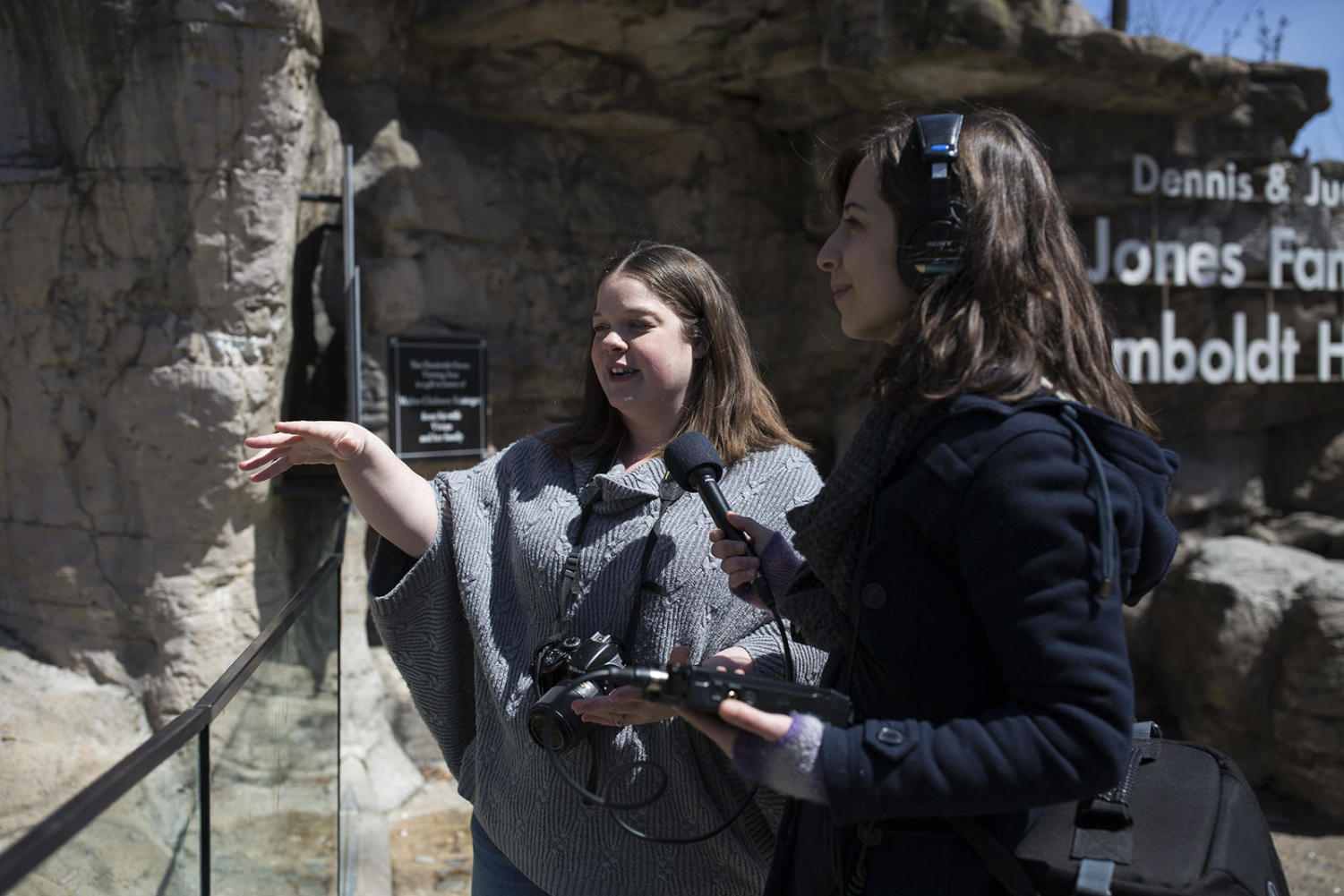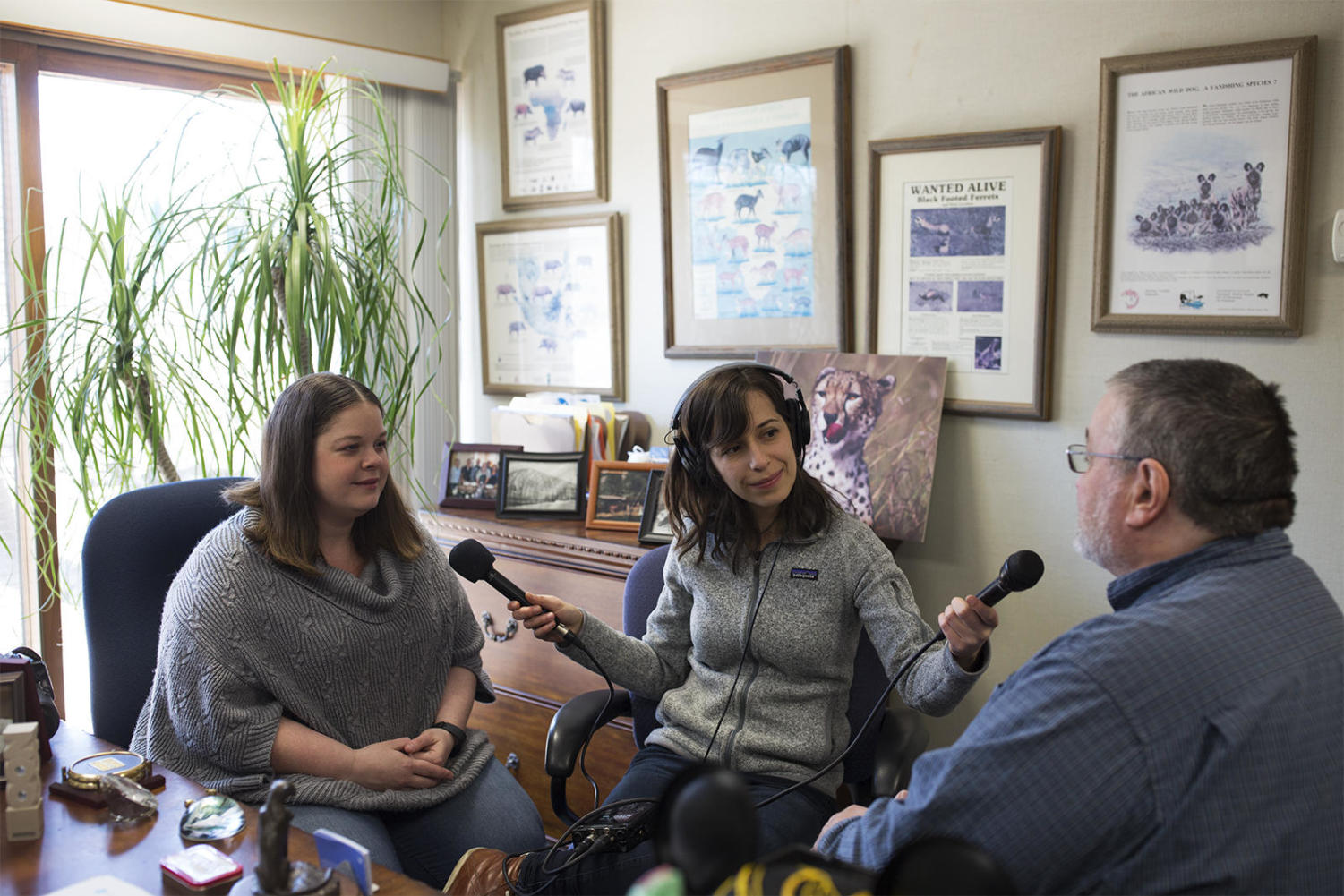Q and A with the Pros: Shahla Farzan
Shahla Farzan works currently as a general assignment reporter and weekend newscaster for St. Louis Public Radio. She didn’t take the “direct route” to journalism; instead she spent six years studying bees and earned her Ph.D. in ecology. She is a self-proclaimed “friend and admirer of native bees.”
Her recent work for St. Louis Public Radio includes stories about ‘Drag Queen Story Hour’ at the St. Louis Public Library and student-led Black Lives Matter youth protests. When Farzan isn’t on the airwaves or getting interviews for her stories, she loves to read, hike, and hit the flea markets. She recently shared her thoughts with SchoolJournalism.org for our “Q and A With the Pros” series. 
SJ: How did you get your start in journalism?
Farzan: I got my start in journalism pretty early. First by editing my high school newspaper and then taking a part-time job at my hometown paper. I ended up majoring in biology and English in college, getting my Ph.D. in ecology, and later circling back to a career in journalism after grad school.
SJ: What is your favorite part about your job?
Farzan: Interviewing is probably one of the hardest and most rewarding parts of my job. I especially like giving an interviewee time to relax and open up about more complicated or difficult topics.
One tip: never lead with your hardest or most probing questions. Start with the easy questions; then work up to the harder ones.
SJ: What has been one of the most memorable stories you’ve been able to report on? What made it so special?
Farzan: While I was working as a reporter in Alaska, I had the opportunity to cover a number of incredible stories. One of my favorites was a feature story about a group of college students articulating (a fancy word for ‘putting together’) a baby orca skeleton. I visited them every week for about three months to record audio of the process, from scrubbing the bones with bristle brushes to bending a metal rod to hold it all together. As journalists, we often turn around news stories very quickly and don’t have the luxury of really getting to know our interviewees. I loved having the chance to give this story time to develop. By the end, I felt as though I really knew the students and understood their dedication to helping this baby orca ‘swim again.’

SJ: What is one piece of advice that you could give to students pursuing a journalism career?
Farzan: Depending on the market, journalism can be a tough career to break into. The best advice I could give is to start writing stories, whether it’s for your high school paper, as part of an internship or on your own website. Having a “clip portfolio” of stories you’ve done, even if they haven’t been published, is a great way to show a manager that you’re serious about journalism and give him/her a sense of the kinds of topics you’re interested in pursuing.


